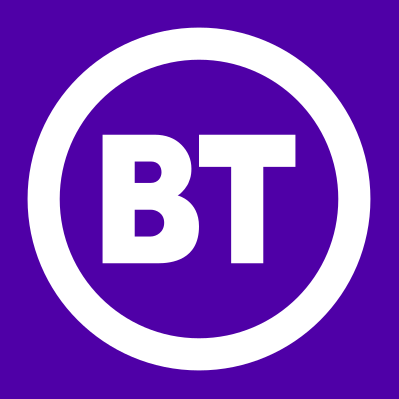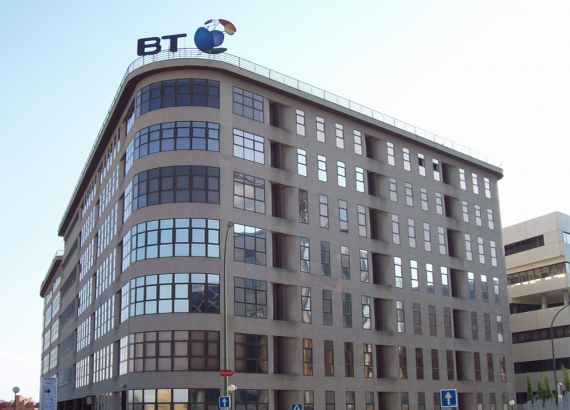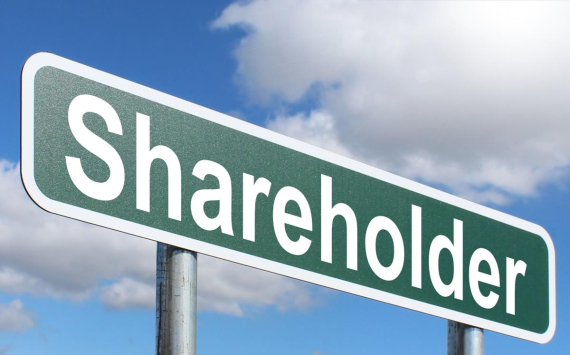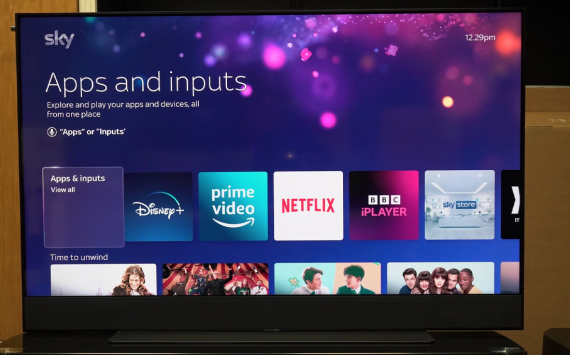Description
BT Group is a British multinational telecommunications holding company headquartered in London, England. It has operations in around 180 countries and is the largest provider of fixed-line, broadband and mobile services in the UK, and also provides subscription television and IT services.
BT's origins date back to the founding in 1846 of the Electric Telegraph Company, the world's first public telegraph company, which developed a nationwide communications network. BT Group as it came to be started in 1912, when the General Post Office, a government department, took over the system of the National Telephone Company becoming the monopoly telecoms supplier in the United Kingdom. The Post Office Act of 1969 led to the GPO becoming a public corporation. The British Telecom brand was introduced in 1980, and became independent of the Post Office in 1981, officially trading under the name. British Telecommunications was privatised in 1984, becoming British Telecommunications plc, with some 50 percent of its shares sold to investors. The Government sold its remaining stake in further share sales in 1991 and 1993. BT is a Royal Warrant holder of the British Royal Family and has a primary listing on the London Stock Exchange, and is a constituent of the FTSE 100 Index.
BT controls a number of large subsidiaries. BT Global Services division supplies telecoms services to corporate and government customers worldwide, and its BT Consumer division supplies telephony, broadband, and subscription television services in the United Kingdom to around 18 million customers.
History
The Telegraph Act 1868 passed the control of all these to the newly formed GPO (General Post Office)'s Postal Telegraphs Department.
With the invention of the telephone by Alexander Graham Bell in 1876 the GPO began to provide telephone services from some of its telegraph exchanges. In 1882 the Postmaster-General, Henry Fawcett started to issue licences to operate a telephone service to private businesses and the telephone system grew under the GPO in some areas and private ownership in others. The GPO's main competitor, the National Telephone Company, emerged in this market by absorbing other private telephone companies, prior to its absorption into the GPO in 1912.
The trunk network was unified under GPO control in 1896 and the local distribution network in 1912. A few municipally owned services remained outside of GPO control. These were Kingston upon Hull, Portsmouth and Guernsey. Hull still retains an independent operator, Kingston Communications, though it is no longer municipally controlled.
In 1969 the GPO, a government department, became the Post Office, a nationalised industry separate from government. Post Office Telecommunications was one of the divisions.
Formation of British Telecom
The British Telecom brand was introduced in 1980. On 1 October 1981, this became the official name of Post Office Telecommunications, which became a state-owned corporation independent of the Post Office under the provisions of the British Telecommunications Act 1981. In 1982 BT's monopoly on telecommunications was broken with the granting of a licence to Mercury Communications.
Privatisation
On 19 July 1982, the Government announced its intention to sell shares in British Telecom to the public. On 1 April 1984, British Telecommunications was incorporated as a public limited company (plc) in anticipation of the passing of the Telecommunications Bill. This Bill received Royal Assent on 12 April, and the transfer to British Telecommunications plc from British Telecom as a statutory corporation of its business, its property, its rights and liabilities took place on 6 August 1984.
Initially all shares in the new plc were owned by the Government. In November 1984, 50.2% of the new company was offered for sale to the public and employees. Shares were listed in London, New York, and Toronto and the first day of trading on was 3 December 1984. The Government sold half its remaining interest in December 1991 and the other half in July 1993. In July 1997, the new Labour Government relinquished its Special Share ("Golden Share"), retained at the time of the flotation, which had effectively given it the power to block a takeover of the company, and to appoint two non-executive directors to the Board.
The company changed its trading name to "BT" on 2 April 1991. In 1996 Peter Bonfield was appointed CEO and Chairman of the Executive Committee, promising a "rollercoaster ride".
In the 1990s, BT entered the Irish telecommunications market through a joint venture with the Electricity Supply Board, the Irish state owned power provider. This venture, entitled Ocean, found its main success through the launch of Ireland's first subscription-free dial-up ISP, oceanfree.net. As a telecoms company it found much less success, mainly targeting corporate customers. BT acquired 100% of this venture in 1999.




























